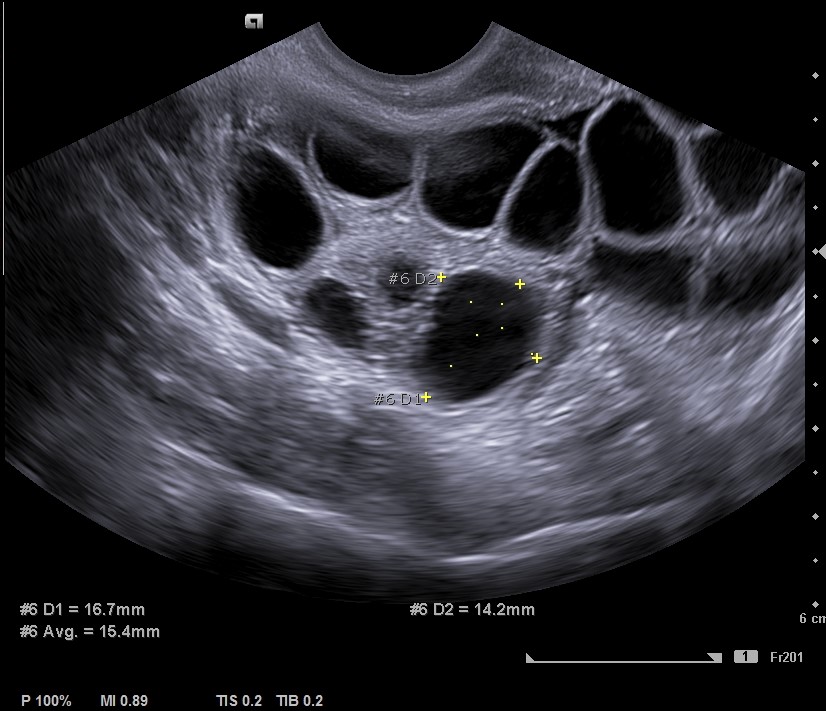Finding out that you are pregnant is an exciting time, filled with joy and anticipation. Pregnancy can also lead to many questions and concerns about the changes that are happening within your body. There are several lifestyle adjustments that should be initiated once you begin your pregnancy journey. Learn more about successfully maintaining a healthy pregnancy.
Prenatal Care
It is important to begin your pregnancy journey by first establishing care with a provider that specializes in pregnancy, labor, and delivery. Prenatal care is essential for ensuring a pregnancy is as safe and healthy as possible. Finding a clinic and a provider that you can trust is imperative. You may need to interview several specialists before you find one that meets your unique needs. Make sure to ask questions like: Who will deliver the baby (your provider or one that is on call), does the office offer same-day or weekend appointments, do they have an on-call service, and what hospitals do they deliver at? You can also schedule a preconception visit to discuss your history, current medications, and how to optimize intercourse for pregnancy.
What to Expect at Your First Visit
Your first visit is very important for a healthy pregnancy. This visit may include a conversation about your medical history, a pelvic examination, lab tests, and an ultrasound to check on your baby.
- Medical History – It is critical to understand if you have any current or previous medical problems. Conditions like high blood pressure, diabetes, anemia, asthma, and seizures are all important disorders that your doctor should be aware of. Current medications and supplements need to be addressed to ensure they do not cause harm to the baby. A review of your menstrual cycles, pregnancy history, and surgical procedures can also be crucial in caring for you and your baby. A review of your family history is also important to assess for genetic conditions.
- Pelvic Examination – This exam is performed to note the size and position of the uterus. A pap smear may also be collected to ensure that no abnormal cells are present.
- Lab Tests – Bloodwork is ordered to check your blood counts, blood type and screen for infectious diseases.
- Urine Sample – Your urine is evaluated at each visit to check for glucose, protein, and infection.
- Ultrasound – This test is to ensure the baby is implanted in the correct position and is growing correctly. An ultrasound will also examine your ovaries for cysts.
Take Your Vitamins
Prenatal vitamins are important in maintaining a healthy pregnancy. Nausea and heartburn are common side effects in early pregnancy and may reduce your intake of nutritious foods. Prenatal vitamins will help to supplement the nutrients in your diet that you may not be getting enough of. For example, Folic acid or Folate, is included in a prenatal vitamin and is critical for the development of the baby. Without enough folate, birth defects like spina bifida or other neural tube problems can complicate a pregnancy. Prenatal vitamins can be initiated once you find out you are pregnant, or while trying to conceive.
Pregnancy Nutrition
Adequate nutrition is essential for the health of both mother and baby. To maintain a healthy pregnancy, a balanced diet, appropriate intake of vitamins and good hydration are the keys to success. The diet should include about 300 extra calories per day. These additional calories should come from fruits, vegetables, whole grains, and protein. Processed foods and sugars should be avoided. Caffeine intake should also be restricted to 200mg or less per day. Adequate hydration is also extremely important. The American College of Obstetricians and Gynecologists (ACOG) recommends 64 to 96 ounces daily during pregnancy. Good hydration is essential for digestion, maintaining amniotic fluids, and aids in the circulation of nutrients throughout the body.
Foods to Avoid:
- Raw meat, and eggs
- Fish that is high in Mercury (Shark, Mackerel, Swordfish)
- Hot dogs and deli meats (unless heated thoroughly)
- Unpasteurized milk and cheese
- Alcohol, Smoking/Vaping, and Marijuana can all harm your baby and should be avoided.
Exercise
Staying active during pregnancy can improve mood, boost energy levels, and even help with labor and delivery. Physical activity is also important to maintain a healthy weight and blood sugar levels. Moderate walking, swimming, or using a stationary bike are all great options in pregnancy. Avoid contact sports, extreme exercise where you can’t catch your breath, and any activities that could result in serious falls. Regular exercise is recommended for most pregnant women, even if you have never exercised before. There are several conditions that may change your doctors’ recommendations. Problems with the cervix, vaginal bleeding, or a history of preterm labor may be complicated by exercise. Before starting or continuing an exercise routine in pregnancy, talk to your doctor to make sure it is safe for you.
Travel
Traveling in pregnancy is generally safe if you are not experiencing any complications. Always check with your physician prior to scheduling a trip to ensure they are comfortable with the travel dates. The second trimester is the best time to travel, around 14-28 weeks. During the second trimester, energy levels increase, and nausea usually decreases. Many providers will want you to avoid traveling after 34 weeks in case contractions and labor start early. Some providers may also be hesitant to allow travel especially if you are traveling to a foreign country or to a remote location where there are no hospitals.
There are some situations where it is not safe to travel in pregnancy. Cervical problems, bleeding during pregnancy, or pregnancy with multiples may change travel recommendations. If you are cleared to travel, make sure to avoid lifting heavy items, make sure to drink plenty of fluids, and stand up and walk around on long flights.
Illness and Vaccines
During pregnancy, your immune system may be weakened and susceptible to illness. You may be exposed to a cold or flu. There are many over-the-counter medications that you can safely take to alleviate your symptoms. If you have a fever, your doctor may want you to take an antipyretic medication like acetaminophen to help bring down your body temperature. The elevation in core body temperature can be dangerous in pregnancy, so it is important to treat a fever and avoid hot tubs, saunas, and other activities that may cause your body temperature to rise. Exposure to certain viruses can also cause complications. Try to avoid contact with people that are sick.
Lastly, talk with your provider about vaccines to protect both you and your baby from becoming ill. If you are pregnant during flu season, your provider may recommend the flu vaccine which can be delivered safely in pregnancy. The Center for Disease Control (CDC) recommends the Flu, Tetanus-Diphtheria- Pertussis (Tdap), and COVID-19 vaccines for all pregnant women. These vaccines are not just protecting you but also giving your baby early protection too.
Pregnancy is a unique and transformative journey, filled with excitement, anticipation, and many changes. It is important to establish care with a trusted provider to help guide you throughout your pregnancy journey and help you make the safest, healthiest choices for you and your baby.
Here to Help
If you need support or guidance during your pregnancy journey, Bluprint Fertility is here to help. Our team of specialists is ready to provide personalized care every step of the way. Get started today and ensure a healthy, happy pregnancy with Bluprint Fertility.


